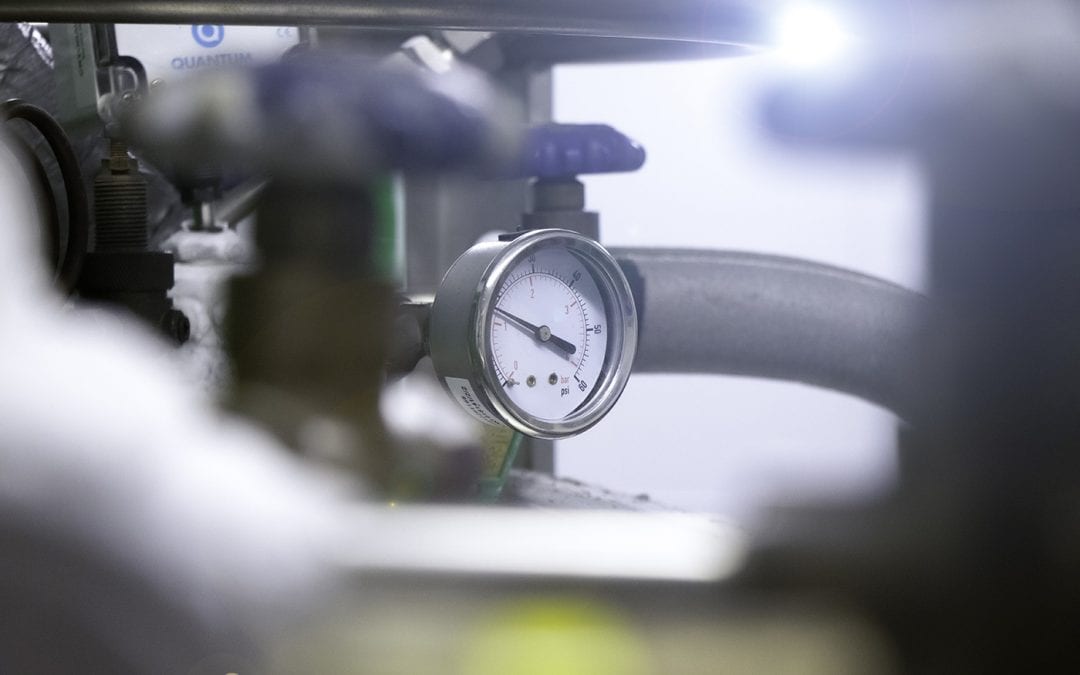Mulitple COVID-19 vaccine candidates have been announced by different pharmaceutical giants in the past few weeks. What is consistent between the different candidates, is that for long term storage, the vaccines must be kept at well below freezing temperatures. But why is that the case?
Moderna’s candidate must be kept at -20˚C for long term storage, whereas Pfizer’s must be kept below -70˚C. Both candidates are a new type of vaccine based on messenger RNA (mRNA), which are essentially the coding instructions for COVID’s spike protein. The human body can use this to pre-emptively produce copies of the protein, priming the immune system should the ‘real deal’ try to invade.
Although a lot of the information about the vaccine structure is still under wraps, it is clear that the mRNA style of vaccine is unstable long-term at above freezing. This is due to the sugar the makes up the backbone of RNA, ribose. Unlike deoxyribose, the sugar that is key to the backbone of DNA, it is missing an oxygen molecule. This oxygen molecule is what causes DNA to last for generations (in terms of cell biology), whereas RNA degrade rapidly after being read to manufacture new proteins.
Even though Moderna’s lipid-nanoparticle delivery system keeps it reasonably stable in a fridge when being administered, this does not change the long-term issues that plague the current vaccine logistical chain. DHL estimate that currently around 3 billion people do not have access to the cold-chain resources required to deliver and store the COVID vaccine, even when accounting for normal refrigeration.
What is clear is that there is an ever-rising demand for ULT storage to solve this issue, and we at MTS are ready to rise to that challenge. Whether you need more freezer storage in the lab, or need to make space by storing samples off-site, give us a call on 0115 975 3743!


